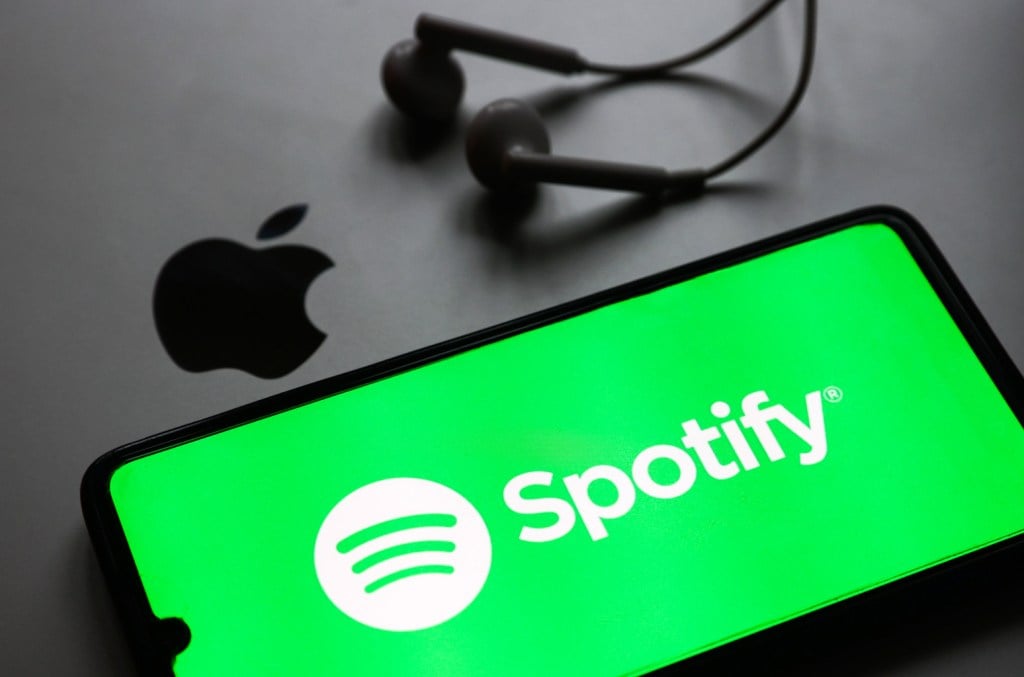When Bloomberg reported that Spotify would be upping the cost of its premium subscription from $9.99 to $10.99, and including 15 hours of audiobooks per month in the U.S., the change sounded like a win for songwriters and publishers. Higher subscription prices typically equate to a bump in U.S. mechanical royalties — but not this time.
By adding audiobooks into Spotify’s premium tier, the streaming service now claims it qualifies to pay a discounted “bundle” rate to songwriters for premium streams, given Spotify now has to pay licensing for both books and music from the same price tag — which will only be a dollar higher than when music was the only premium offering. Additionally, Spotify will reclassify its duo and family subscription plans as bundles as well.



Are you seriously throwing might into this sentence?
I suppose you could say when you throw a ball up in the air it might come back down but that is kind of being disingenuous isn’t it.
Here’s another thought, doesn’t it impact the quality of the service for the consumer if the workers doing the labor to create the substance of the service, the basic thing that gives the service value to customers, are not being rewarded in a sustainable fashion for their time and labor?
Do you really think all your favorite artists are going to keep cranking out music in this environment? More importantly, do you think your favorite artists would have ever been able to invest the time and effort to get big enough to become that 1% of the successful musicians if the environment they began in was as hostile towards musicians earning money as it is now?
The amount of quality recorded music being released is going to plummet as musicians just stop bothering to do it. We will look back on the 2000s-2010s as a golden era where music production tools were distributed and affordable but venture capital hadn’t yet destroyed the ability of up and coming recording artists and audio engineers to actually devote the time and focus to becoming professional.
.